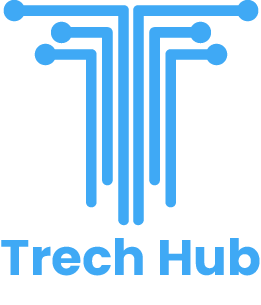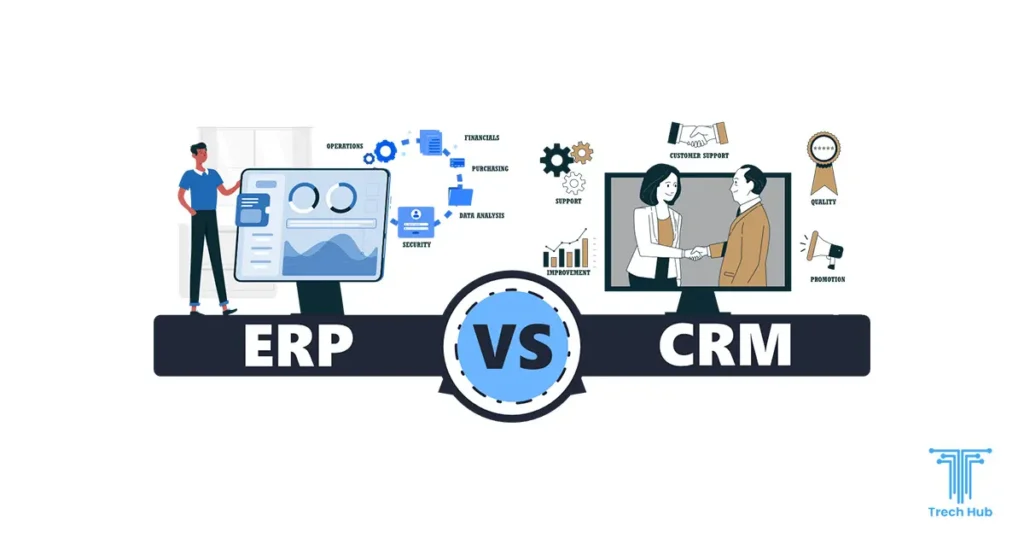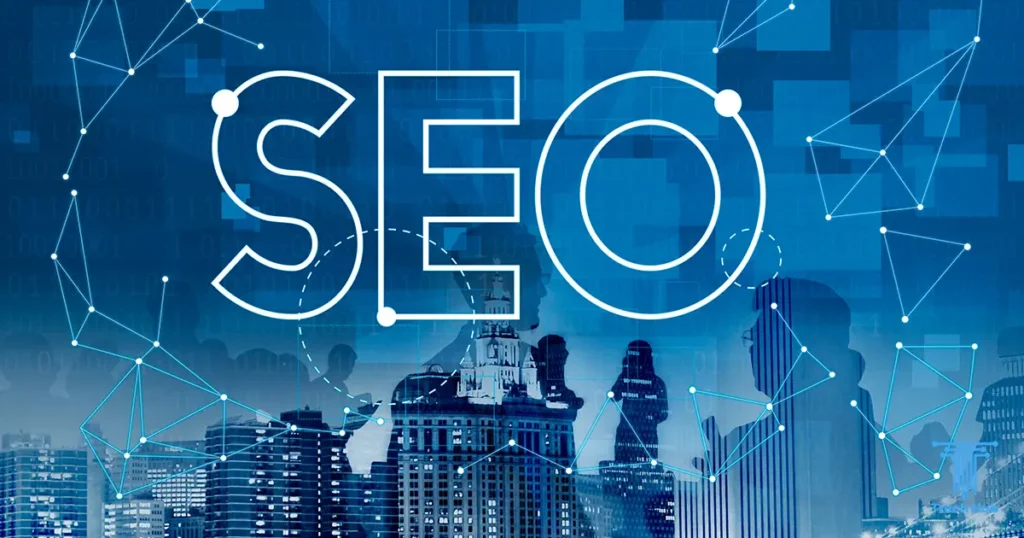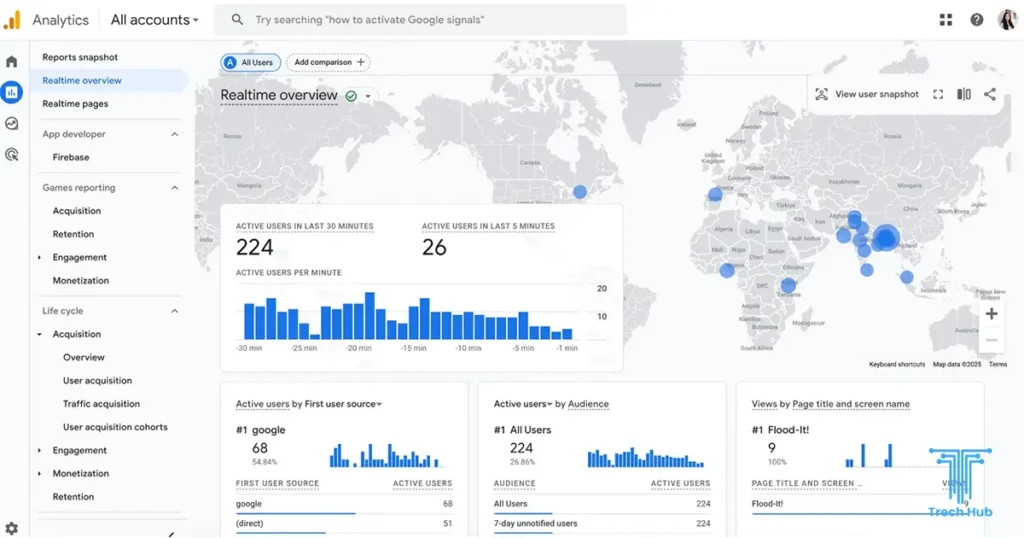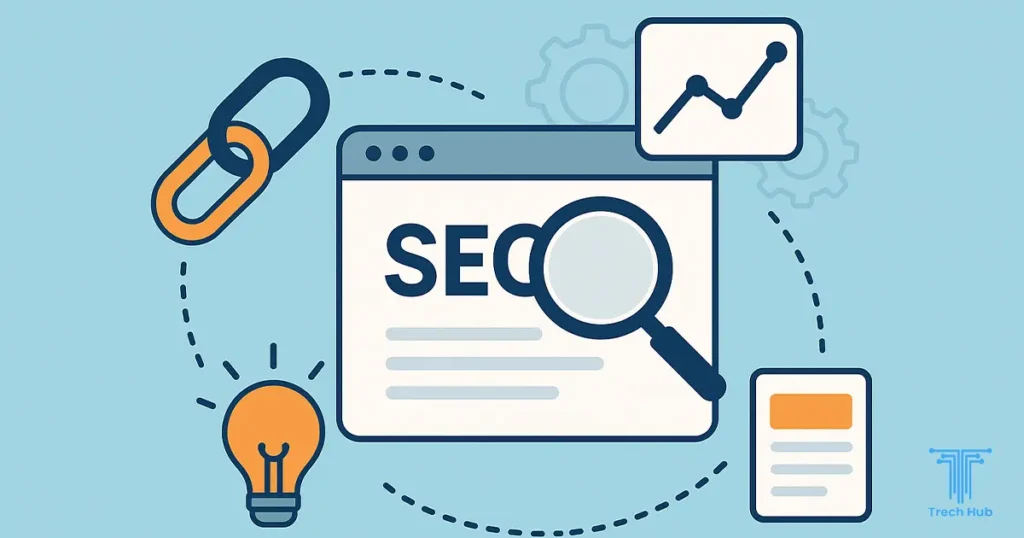In the fast-paced world of business, leveraging technology to streamline operations and improve customer relationships is not just beneficial—it’s essential. Two powerful systems that help businesses achieve these goals are Customer Relationship Management (CRM) and Enterprise Resource Planning (ERP) systems. While both are designed to enhance efficiency, they serve different purposes and address distinct aspects of a business. Understanding the difference between CRM and ERP is crucial for making informed decisions about which system to implement, and how custom CRM integration can transform your business.
What is CRM?
Customer Relationship Management (CRM) is a system that focuses on managing a company’s interactions with current and potential customers. It’s designed to enhance the customer experience, boost sales, and increase customer retention by centralizing all customer-related data in one place. A CRM system typically includes tools for:
- Sales automation: Helps manage the sales pipeline, track leads, and automate follow-ups.
- Customer service: Provides tools for managing customer inquiries, support tickets, and service requests.
- Marketing automation: Assists in managing campaigns, tracking customer responses, and personalizing communications.
- Data analytics: Offers insights into customer behaviour, preferences, and trends to inform business strategies.
The primary goal of a CRM system is to foster stronger relationships with customers by personalizing interactions and ensuring a seamless experience across all touchpoints.
What is ERP?
Enterprise Resource Planning (ERP) is an integrated system used to manage and automate core business processes, such as finance, supply chain, manufacturing, and human resources. ERP systems are designed to provide a comprehensive view of business operations, facilitating better decision-making and more efficient management. Key functions of an ERP system include:
- Financial management: Handles accounting, budgeting, and financial reporting.
- Supply chain management: Manages procurement, inventory, and distribution.
- Human resources management: Oversees payroll, employee records, and performance evaluations.
- Manufacturing and production: Coordinates production schedules, manages work orders, and tracks inventory levels.
- Project management: Assists in planning, executing, and monitoring projects.
The main objective of an ERP system is to streamline and integrate business processes across various departments, ensuring that the organization runs smoothly and efficiently.
Key Differences Between CRM and ERP
While CRM and ERP systems may seem similar at first glance, they serve distinct purposes and are used in different areas of a business. Here’s how they differ:
1. Focus Area
CRM is customer-centric, focusing on enhancing customer relationships and sales processes. It’s primarily used by sales, marketing, and customer service teams.
ERP is operations-centric, focusing on automating and integrating internal business processes across different departments, such as finance, HR, and supply chain.
2. Core Functions
CRM is designed to manage customer interactions, track sales, and improve customer satisfaction.
ERP is designed to manage back-office functions, streamline business operations, and ensure that resources are used efficiently.
3. User Base
CRM is mainly used by teams that deal directly with customers—sales representatives, marketing professionals, and customer service agents.
ERP is used by a broader range of departments, including finance, HR, procurement, and manufacturing.
4. Data Usage
CRM focuses on tracking and analyzing customer data to drive sales and improve marketing efforts.
ERP focuses on operational data, such as financial transactions, inventory levels, and production schedules, to optimize business processes.
The power of integration
For many businesses, the most effective strategy is not choosing between CRM and ERP but integrating both systems to create a unified platform that addresses both customer-facing and operational needs. This is where custom CRM integration services from Trech Hub can make a significant impact.
By integrating CRM with ERP, businesses can achieve:
- Enhanced data flow: Seamless sharing of data between customer-facing and back-office systems, reducing data silos and improving accuracy.
- Improved decision-making: A unified view of customer and operational data helps leaders make more informed decisions.
- Increased efficiency: Automation across departments minimizes manual work and reduces errors.
Why choose Trech Hub for Custom CRM Integration?
At Trech Hub, we specialize in tailoring CRM systems to fit your unique business needs. Whether you need to integrate CRM with your existing ERP system or require a completely customized solution, our team has the expertise to deliver seamless integration that enhances productivity and drives growth.
Understanding the difference between CRM and ERP is the first step in choosing the right systems for your business. While CRM focuses on customer relationships, ERP manages business operations. Both are vital to a well-functioning business, and integrating them can provide a powerful tool for growth. Trech Hub is here to help you harness the power of CRM through customized integration services that align with your business goals.
Empower your business today with the right tools for tomorrow’s challenges.
